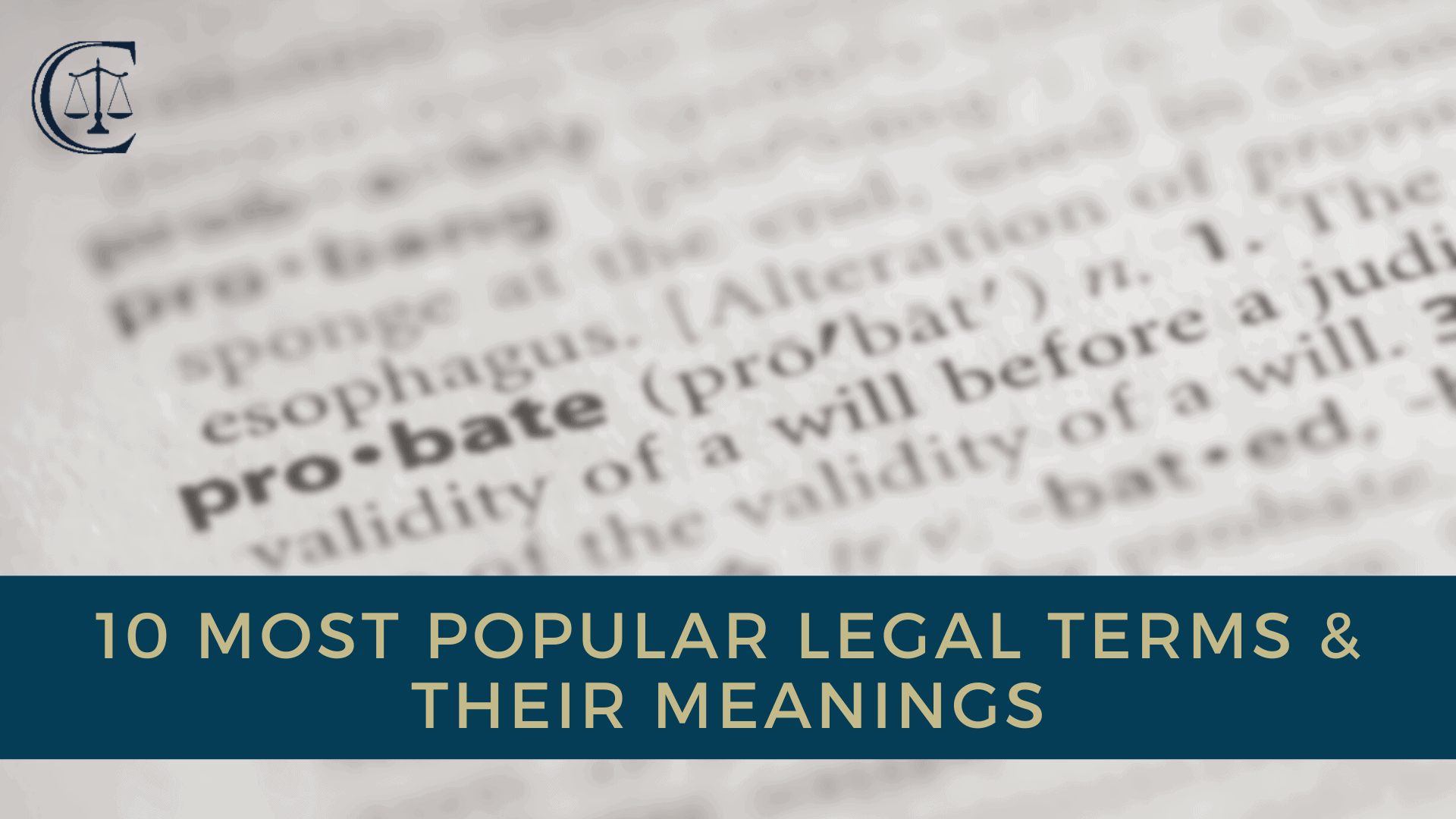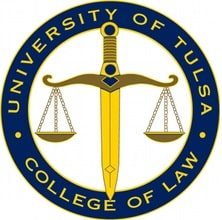
10 Sep 10 Most Popular Legal Terms & Their Meanings
There are many popular legal terms that one must understand to fully grasp what is going on in a contract, case, or statute. With so many popular legal terms out there, it can be difficult to know where to start when it comes time for research. I thought it would be helpful to put together a quick blog post covering 10 of the most popular legal terms and their meanings!
Estate Planning
This popular legal term refers to a process by which an individual decides how their property will be distributed after death. Estate planning can include a Will, Trust, and Power of Attorney. Estate planning can prevent family feuds after an individual’s death by clearly stating how the deceased wanted their property distributed.
Probate
Probate is the legal process of settling a deceased person’s estate. This typically includes identifying and gathering all assets, paying any debts or taxes owed by the decedent, and distributing the remaining property to beneficiaries per will or state law.
Living Will
A Living Will, also known as an advance directive or a healthcare directive, is a legal document that provides instruction for end-of-life decisions. If you are unable to speak for yourself, the Living Will explains what medical treatment you would or would not want to prolong your life.
Revocable Trust
A Revocable Trust is a tool that one can use to avoid probate. A person who creates this type of will transfers their property into the Trust while they are alive. They can distribute funds from it as they see fit during their lifetime. The assets in the Trust will not be subject to any probate proceedings upon death. This is because the title was never actually transferred to the beneficiaries.
Ancillary Probate
Ancillary probate is a type of probate that occurs in addition to the main proceedings. Most commonly, ancillary probate happens when there are not enough assets left over after all debts and taxes have been paid from the estate’s property to cover necessary expenses such as attorney fees, court costs, or other charges.
Estate Administration
Estate administration is the process by which an executor distributes property under a Will. It does not involve identifying and gathering all of the decedent’s assets or liquidating them to pay any debts owed. Instead, it mostly focuses on distributing certain items per instructions laid out in the Will itself.
Intestate Succession
Intestate succession is the process by which property that has not been left in either a Will or Trust passes to relatives. These rules vary from state to state. Typically they follow bloodlines in order of closest relatives first.
Durable Power of Attorney
A durable power of attorney is a popular legal tool for people who have the foresight to plan. This allows someone you trust access to certain designated assets if you are incapacitated and no longer able to handle them yourself.
Will Contests
A Will contest can challenge the validity of a particular Will or Trust. This often happens when family members feel that they have been unfairly excluded from being beneficiaries. It may also happen if suspicious circumstances surround its drafting and signing.
Probate Lawyer
A probate lawyer is a legal professional who specializes in estate planning as well as estate administration. They also guide clients through the process of probate.
Do you have questions about other legal terms that you do not understand? Contact our team today!







